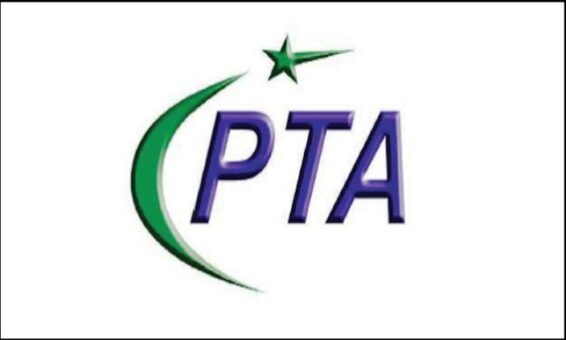ISLAMABAD, May 9, 2024 – The Pakistan Telecommunication Authority (PTA) has introduced comprehensive guidelines aimed at streamlining International Mobile Roaming (IMR) services for cellular mobile operators (CMO) across Pakistan, Azad Jammu and Kashmir (AJK), and Gilgit-Baltistan (GB).
Officially known as the IMR Service Guidelines 2024, these regulations were released on Wednesday and are effective immediately.
The new guidelines issued by the PTA mandate that IMR services can only be activated upon explicit request from a consumer. These requests can be made through various channels including email, SMS, mobile applications, USSD codes, or directly via the helpline, ensuring that services are activated both swiftly and securely. For activations within Pakistan, services must be enabled within four hours of the request, and for requests made from abroad, within 24 hours following identity verification procedures.
Upon activation, consumers will receive detailed information via SMS, email, or app notifications. This information will include confirmation of service activation, details of applicable tariffs per international carrier, procedures for selecting an international carrier manually, and important preventive steps to avoid unexpected charges, according to the PTA.
Key features of the guidelines include mandatory deactivation of roaming services upon consumer request and the requirement for operators to provide comprehensive roaming-related information on their websites. Additionally, operators are instructed to automatically connect consumers to the foreign network offering the most competitive rates, if multiple partner networks are available.
PTA’s guidelines also emphasize transparency and consumer awareness. They stipulate that upon entering a foreign country, travelers must receive an automated message detailing the IMR services, including tariff rates. This aims to safeguard consumers from potential “bill shocks” — unexpectedly high charges resulting from international roaming.
The guidelines further dictate that operators must provide a toll-free number and USSD code specifically for roaming inquiries and complaints, accessible round-the-clock. This service should enable consumers to request information about tariffs and charges directly.
In an effort to enhance consumer protection, the guidelines also introduce several measures to manage spending. These include mandatory notifications at various stages of usage — 50%, 80%, 90%, and 100% of the security deposit. When usage reaches 100% of the allotted amount, the service will be automatically blocked unless the consumer provides explicit consent to continue, thereby preventing unwanted charges.
For post-paid customers, operators must clearly communicate the minimum security deposit required for activating IMR services, with the option to increase this deposit through mutual agreement to further prevent service deactivation.
The guidelines also require real-time monitoring of IMR usage to protect consumers from bill shock, and mandate that all pricing for IMR services be cost-based and not excessive compared to similar services by other operators. Operators are encouraged to offer tailored voice, SMS, and data bundles for both prepaid and post-paid customers roaming internationally.
With these new measures, the PTA aims to not only ensure that mobile roaming services are provided with the highest standards of consumer protection but also to foster an environment of transparency and fairness in mobile telecommunications.
